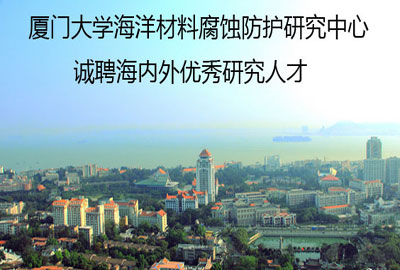
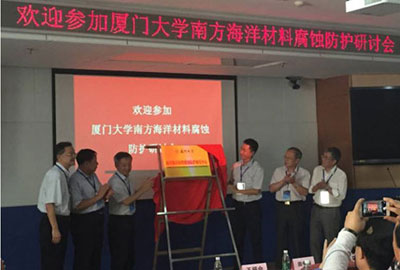
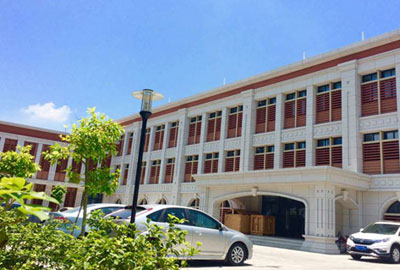
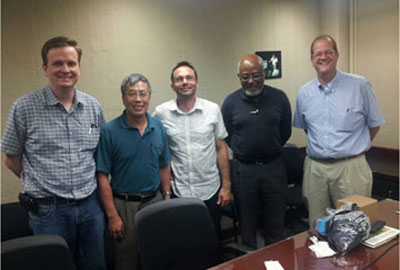
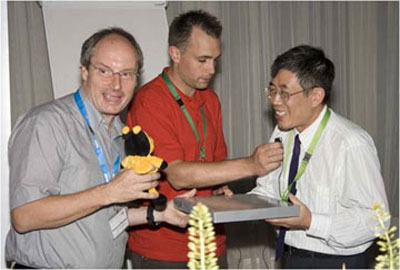
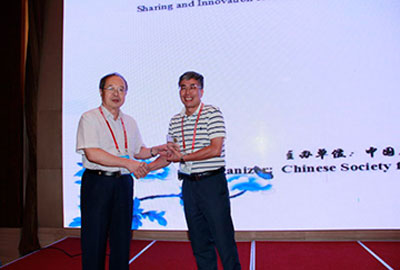
- Recruitment
Recruitment:
1. Master degree candidates, PhD candidates
2. Post doctor (¥ 160,000 / year)
3. Assistant professors, Associate professors, Professors.
Background Requirement:
Corrosion, Electrochemistry, Materials or Biomaterials.
Contact:
Applicants who are interested in Assistant/associate/full professor positions please contact
Prof. Guang-Ling Song at guangling.song@hotmail.com
Postgraduate and postdoc applicants please contact
Dr. Fuyong Cao at caofuyong4165@163.com
- Members
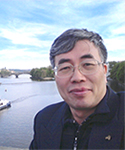
Dr. Guang-Ling Song
(Guangling Song, 宋光铃)
(director of the center for marine materials corrosion and pritection)
Main reserarchers
| Xing-Jun Liu (刘兴军) | National Outstanding Youth (Xiamen University) |
| Chang-Jian Lin (林昌健) | National Outstanding Youth (Xiamen University) |
| Li-Zong Dai (戴李宗) | Distinguished Professor (Xiamen University) |
| Cai-Huan Ke (柯才焕) | Professor (College of Ocean and Earth Sciences, Xiamen University) |
| Rong-Gui Du (杜荣归) | Professor(College of Chemistry and Chemistry Engineering, Xiamen University) |
| Zhou-Cheng Wang (王周成) | Professor(College of Chemistry and Chemistry Engineering, Xiamen University) |
| Hong-Mei Hu (胡红梅) | Professor(School of Architecture and Civil Engineering, Xiamen University) |
| Fu-Yong Cao (曹福勇) | Assistant Professor (Xiamen University) |
| Shi-Gang Dong (董士刚) | Engineer (Xiamen University) |
| Da-Jiang Zheng (郑大江) | Engineer (Xiamen University) |
Other supportors
| Bao-Rong Hou (侯保荣) | Academician of Chinese Academy of Engineering |
| Chu-Nan Cao (曹楚南) | Academician of Chinese Academy of Science. |
| Guang-Zhang Chen (陈光章) | Honorary Chairman of SCP |
| Wen-Da Cai(蔡文达) | Professor(National Cheng Kung University, Taiwan) |
| Andrej Atrens | Professor(The University of Queensland) |
Introduction
The Center for Marine Materials Corrosion and Protection, established and led by Prof. Guang-Ling Song, is staffed with outstanding corrosion and electrochemical experts and equipped with advanced professional facilities. The fast-growing center is now in a good position to carry out fundamental research addressing theoretical issues at the forefront of corrosion science and undertake industrial projects solve technical problems in practical applications of various materials.
The main research areas of the center include:
(1) modern electrochemistry and corrosion theory and methodology;
(2) environment-friendly, non-toxic and highly-efficient corrosion-protection technology;
(3) corrosion resistant materials and novel processes.
Currently, the research work in the center is mainly focused on (1) the corrosion protection of marine materials in various zones, particularly in the deep sea environment, and (2) the corrosion and protection of reinforced concrete. Around these priorities, many important studies initiated from industrial needs and driven by scientific interests are also supported in the center, such as the corrosion of innovative materials (e.g. nano, amorphous metals, composites, functional materials, biomaterials), the protection of materials in extreme service environments (e.g., nuclear power generation, underground exploration, aerospace transportation, medical application), the surface engineering and coating evaluation, etc.
The center is located in the beautiful garden campus of Xiamen University, standing by the holy South Putuo Temple, a famous historic site in China. It has 500 square meters of laboratory area, 11 professional staff researchers and many advanced corrosion and electrochemical testing equipment. The establishment of the center is a promotion of the traditional corrosion electrochemistry discipline of Xiamen University, which is well-known in the world corrosion and electrochemistry communities. In order to meet new challenges in the field of corrosion science and protection engineering, the Center eagerly looks forward to collaborating with international research and engineering organizations.
- Achievements
Books:
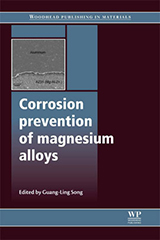
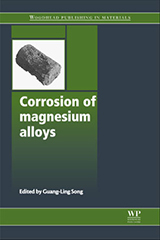
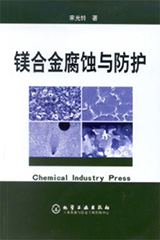
10 Representative Journal articles in various topics:
1. G.-L. Song, K. A. Unocic, M. Harry III, E. Cakmak, M. P. Brady, P. E. Gannon, P. Himmer, Q. Andrews,The Corrosion and Passivity of Sputtered Mg–Ti alloys, Corrosion Science 104 (2016) 36–46
2. G.-L. Song, M. Liu, Corrosion and Electrochemical Evaluation of an Al-Si-Cu Aluminum Alloy in Ethanol Solutions, Corrosion Science 72 (2013) 73–81
3. G.-L. Song, R. Mishra, Z. Xu, Crystallographic Orientation and Electrochemical Activity of AZ31 Mg Alloy, Electrochemistry Communications 12 (2010) 1009–1012
4. G.-L. Song, Electroless Deposition of pre-film of Electrophoresis Coating and its Corrosion Resistance on a Mg Alloy, Electrochimica Acta 55 (2010) 2258–2268
5. G. Song, Control of Biodegradation of Biocompatible Magnesium Alloys, Corrosion Science 49 (2007) 1696-1701
6. G. Song, Recent Progress in Corrosion and Protection of Magnesium Alloys, Advanced Engineering Materials 7 (2005) 563-586
7. G. Song, Transpassivation of Fe-Cr-Ni Stainless Steel, Corrosion Science 47 (2005) 1953-1987
8. G. Song, Equivalent Circuit Model for AC Electrochemical Impedance Spectroscopy of Concrete, Cement and Concrete Research 30 (2000) 1723-1730
9. G. Song, C.Cao, H. Lin, A New Technique for Correlation of Underground Corrosion, Corrosion 51 (1995) 491-497
10. G. Song, C-N. Cao, On the Linear Response of Passivated Metallic Electrode to Potential Step Perturbation”, Corrosion Science 33 (1992) 413-423





